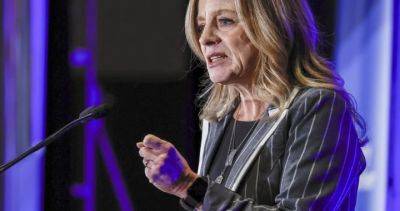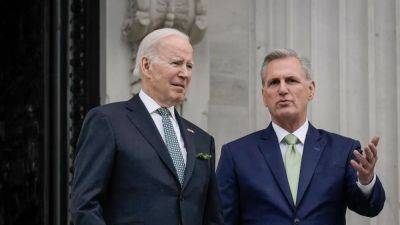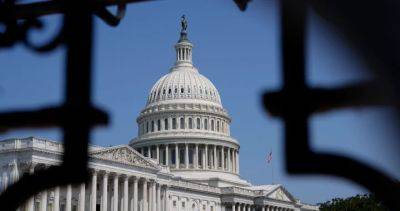PSAC deal: What the tentative agreement says about remote work
Public Service Alliance of Canada could set a precedent for working from home in the country, experts say.PSAC and the Treasury Board came to an agreement early Monday, putting an end to a nationwide strike for over 120,000 union employees after nearly two weeks of picketing.As of Monday morning, Treasury Board workers were required to go back on the job, PSAC announced in a statement.
Canada Revenue Agency workers are negotiating their own deal and remain on strike.According to PSAC, the deal provides “significant new protections around remote work” — which was one of the main sticking points in the labour dispute.Treasury Board President Mona Fortier said at a news conference in Ottawa on Monday that the agreement supports “fairness, equity and modernization” when it comes to remote work.Alexandra Samuel, a digital workplace expert, said details of what was exactly agreed upon will shape the future of remote and hybrid work, not just within the federal government, but for the whole country.“The most important part of this agreement is the idea that we are returning to a model where individual teams, individual managers, individual departments will be able to have specific agreements rather than a single one-size-fits-all policy across the government,” she told Global News.In December, Fortier announced that public service workers will spend two to three days per week in the office starting in January, to be fully implemented by April.As it stands, that flexibility remains for public servants to continue, where applicable, having the option of working up to three days from home per week.Under the tentative agreement, managers will be required to assess remote work requests on an individual case-by-case basis — not by.
Read more on globalnews.ca










































